Blogs & News
We are focus on automotive wiring harness & connectors technology.
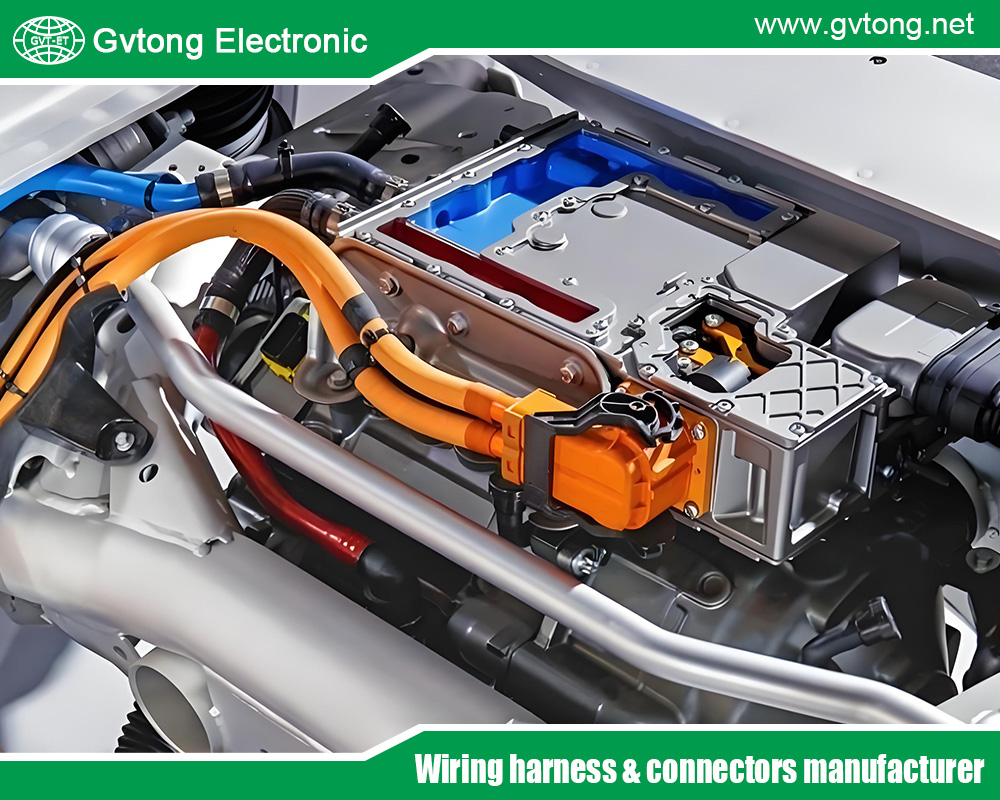
High-Reliability Automotive Modular Connectors – Withstand 150°C & SG4 Vibration Standards
- Gvtong Electronic
- 12 volt automotive wire connectors, 2p 32p Automotive Connector Terminal Crimping, adas automotive connector, ADAS automotive connectors, ADAS automotive connectors manufacturer, ADAS automotive connectors supplier, Anti-vibration automotive connectors, Automated assembly connectors Cost-effective automotive connectors, Automotive Camera Connectors, automotive connector, Automotive Connector and Cable Products, automotive connector companies, automotive connector companies in russia, Automotive Connector Factory, automotive connector manufacturers, Automotive Connector manufacturers InThailand, automotive connector market, Automotive Connector Supplier, automotive connector suppliers, automotive connectors, automotive electrical connectors manufacturers, automotive electrical distribution systems, automotive miniaturized coaxial connector, automotive modular connectors, automotive multi pin connectors, automotive pressure connectors, automotive waterproof wire connectors, battery management system automotive connector, best high-reliability automotive modular connectors, high current connectors automotive, high voltage connectors automotive, high-reliability automotive connectors, high-reliability automotive modular connectors, modular connectors automotive, oem automotive connectors
- No Comments
High-Reliability Automotive Modular Connectors – Withstand 150°C & SG4 Vibration Standards
In the rapidly evolving automotive industry, the demand for reliable electrical and electronic systems has never been higher. Modern vehicles, from electric vehicles (EVs) to advanced driver-assistance systems (ADAS)-equipped cars, rely on intricate networks of connectors to transmit power, data, and signals seamlessly. High-reliability automotive modular connectors stand at the forefront of this technology, designed to endure extreme conditions while maintaining performance integrity. These connectors are engineered to withstand temperatures up to 150°C and meet stringent vibration standards like SG4, ensuring safety, efficiency, and longevity in harsh environments.
The shift toward electrification and autonomy has amplified the need for such robust solutions. Traditional connectors often fail under the thermal stress of engine compartments or the constant vibrations from road travel, leading to system downtime or safety risks. Modular designs allow for customizable configurations, combining power, signal, and high-speed data modules in a single housing, which reduces weight, space, and assembly time. This modularity is crucial for scalable vehicle architectures, enabling manufacturers to adapt to diverse applications without redesigning entire systems.
Standards like USCAR-2 from the United States Council for Automotive Research and LV214 from German automakers set the benchmark for reliability. These specifications ensure connectors can handle real-world stresses, with SG4 representing the highest vibration severity for components in unsprung masses or engine-mounted positions. Temperature resistance up to 150°C addresses the heat generated by high-power electronics and proximity to exhaust systems. As vehicles incorporate more sensors, batteries, and computing units, connectors must evolve to prevent failures that could compromise vehicle operation.
This article explores the key aspects of these high-reliability modular connectors, including their design, materials, testing standards, and applications. By delving into how they achieve 150°C thermal endurance and SG4 vibration compliance, we highlight their critical role in advancing automotive technology.
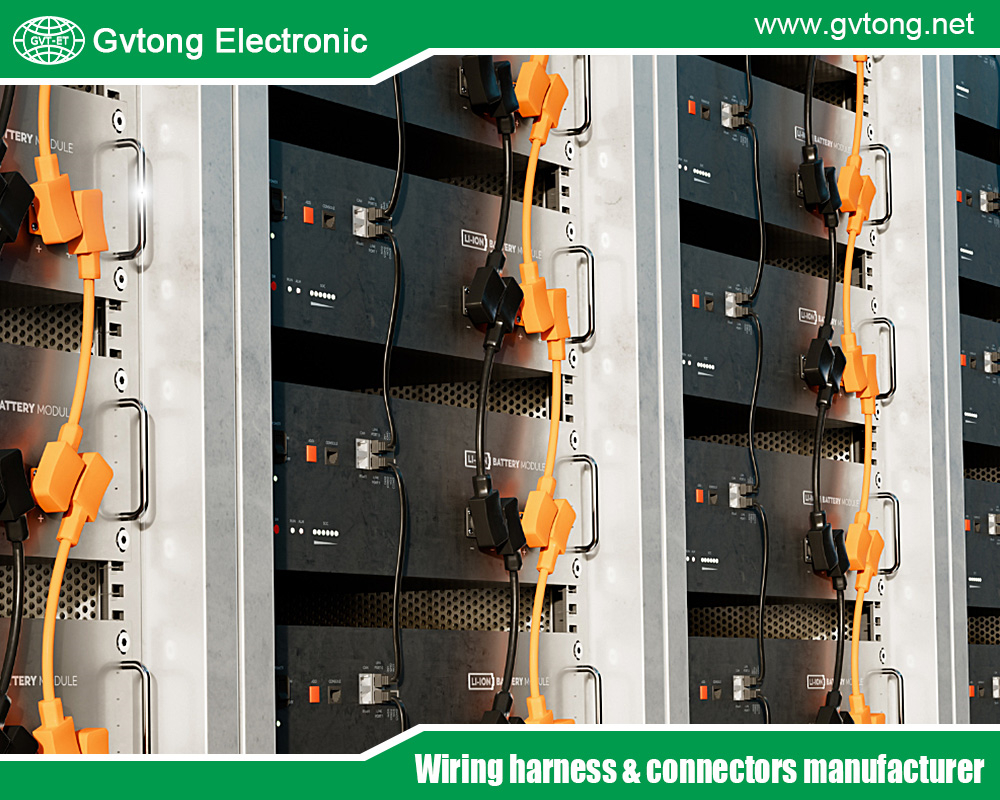
Overview of High-Reliability Automotive Modular Connectors
Automotive modular connectors are versatile interconnection systems that allow for flexible assembly of various modules within a single housing. Unlike fixed connectors, modular designs enable the integration of different functionalities—such as power distribution, signal transmission, and high-speed data links—tailored to specific vehicle needs. This approach simplifies wiring harnesses, reduces overall vehicle weight, and streamlines manufacturing processes.
A prime example is the ComboNET™ modular connector, which combines Ve-NET™, Mini-Fakra, power, and signal modules in a compact, scalable design.
This flexibility is ideal for applications like infotainment systems, where space constraints demand efficient packaging. Similarly, TE Connectivity’s Modular Hybrid System (MHS) supports centralized and zone control units, achieving space and weight savings through miniaturized designs. Modularity enhances reliability by allowing easy upgrades or repairs without overhauling the entire system. In high-reliability contexts, these connectors incorporate features like redundant contact points and overstress protection to maintain electrical integrity. For instance, I-PEX’s ISH series uses spring-structured terminals for long-term contact reliability in automotive modules.
The automotive sector benefits from connectors compliant with global standards, ensuring interoperability across manufacturers. Amphenol’s automotive connectors, certified to USCAR-2 and LV214, offer high-speed data and power solutions for EVs, ADAS, and LiDAR. Hirose Electric’s automotive lineup includes waterproof and shielded options for board-to-cable and cable-to-cable connections, emphasizing robustness. Overall, modular connectors represent a shift toward smarter, more adaptable vehicle electronics, capable of handling the complexities of modern mobility while prioritizing durability.
High-Reliability Requirements in Automotive
The automotive environment is unforgiving, exposing connectors to extreme temperatures, vibrations, moisture, and mechanical stresses. High-reliability connectors are engineered to meet these challenges, ensuring uninterrupted performance in critical systems like engine control units (ECUs), braking systems, and powertrains.
Key standards govern these requirements. USCAR-2 outlines performance specifications for automotive electrical connector systems, covering development, production, and field analysis phases. It includes vibration profiles classified into levels like V1 for chassis to V4 for severe applications. LV214, the German standard, specifies test guidelines for motor vehicle connectors, including PG17 for vibration testing with severity groups (SG) from 1 to 4. SG4 denotes the most rigorous level, suitable for high-vibration zones.
Reliability is achieved through features like sealed housings (IP67 or higher), vibration-tolerant designs, and materials resistant to corrosion. For example, Samtec’s Tiger Eye™ systems offer high-cycle reliability with up to 1,000 mating cycles. Molex’s innovative solutions focus on high-speed, miniaturized connectors for automotive connectivity. In practice, these requirements prevent failures that could lead to recalls or accidents. Testing involves thermal cycling, shock, and endurance simulations to validate performance.
Temperature Resistance: Withstanding 150°CTemperature extremes pose a significant challenge in automotive applications, particularly near engines or in EVs where battery management generates heat. Connectors rated to withstand 150°C ensure stable operation without degradation, melting, or loss of contact.
Materials play a pivotal role. High-performance thermoplastics and copper alloys maintain integrity at elevated temperatures. TE Connectivity’s DEUTSCH DTMH connectors operate from -55°C to +150°C, using rectangular thermoplastic housings and integrated latches for secure mating. They support 7.5A currents and are sealed for environmental protection.
I-PEX offers high-temperature connectors for automotive use, addressing needs beyond standard 85°C ratings. Molex’s MX150 series withstands up to 125°C but can be adapted for higher with specialized materials. Testing under USCAR-2 and LV214 includes thermal shock cycles from -40°C to +150°C. Adhesives like those from DELO provide +150°C resistance for connector interlocking. In EVs, these connectors manage heat in charging systems and power electronics, enhancing safety and efficiency.
Vibration Resistance: SG4 Standards
Vibration is a constant in vehicles, from road irregularities to engine operation. SG4, under LV214 PG17, represents the highest severity grade, involving accelerations up to 400g and thermal cycling during tests. It’s essential for components in high-stress areas like unsprung masses.
TE’s MCON system achieves SG4 vibration resistance through robust designs, including locking lances and CPAs. Validated to LV214 and USCAR, it withstands extreme mechanical stress.
Hirschmann’s Power
Star HPS meets SG3/SG4 profiles per LV215-1. Testing simulates real-world conditions, ensuring no contact interruptions. Amphenol’s LV214-compliant connectors offer vibration tolerance and high locking strength. SG4 compliance reduces failure risks in ADAS and autonomous systems.
Design and Materials
Designs incorporate redundant contacts, sealing, and modular housings. Materials include high-temp plastics and alloys for durability.
Applications and Case Studies
Used in EVs for battery connections, ADAS for sensors, and infotainment for data transfer.
Future Trends
Trends include higher temperatures (180°C+), integration with 5G, and sustainable materials.
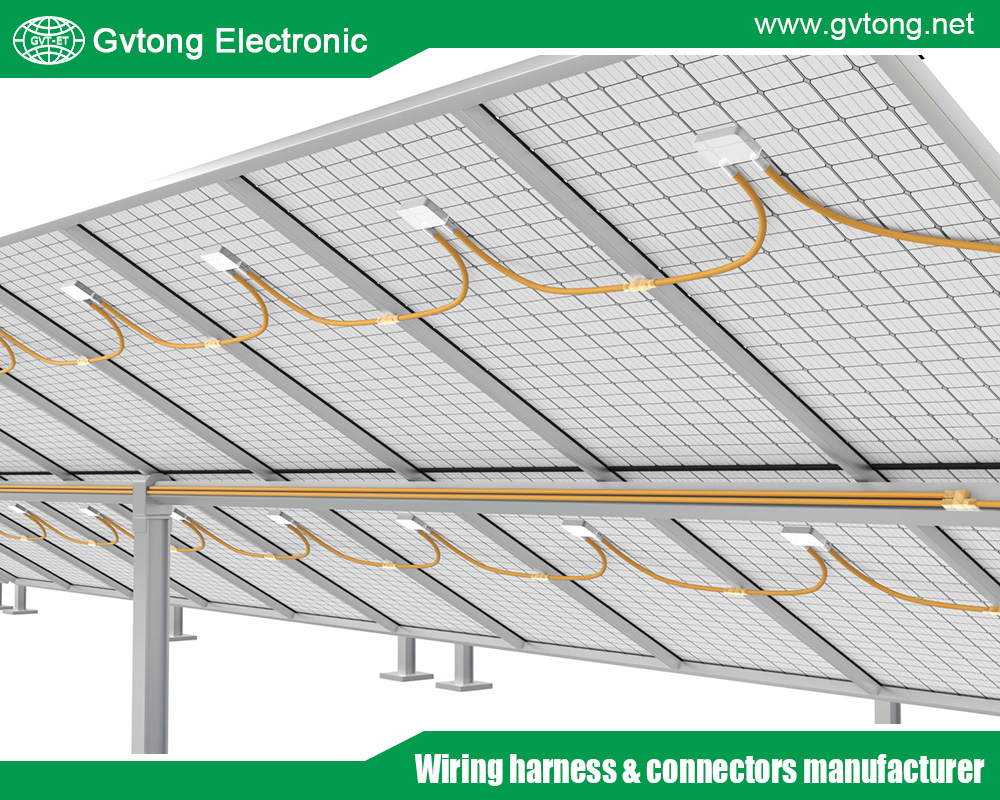
Conclusion
High-reliability modular connectors enduring 150°C and SG4 vibrations are vital for automotive innovation, ensuring safe, efficient vehicles.
For more about the best high-reliability automotive modular connectors – withstand 150°C & SG4 vibration standards, you can pay a visit to Gvtong at https://www.gvtong.net/ for more info.
Recent Posts
How to Diagnose and Repair Automotive Signal Connector Failures
How to Install and Maintain Low Pressure Automotive Connectors
Heat Shrink vs. Crimp: Choosing the Right 12V Car Wire Connector
Best 12V Automotive Wire Connectors for Reliable Electrical Connections
Tags
Recommended Products
-
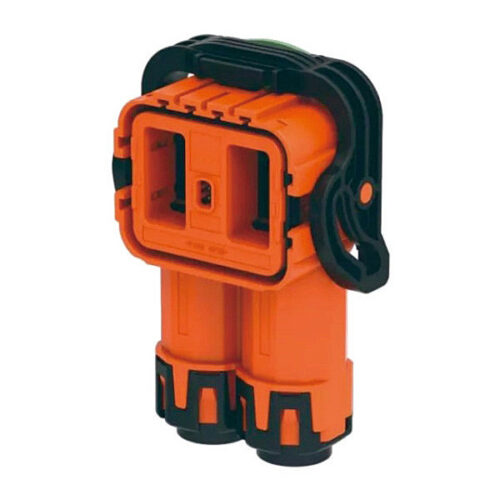
High voltage connector-2000 series-(2 core)
-
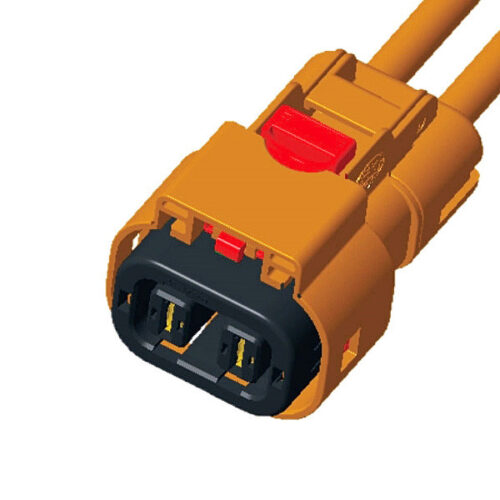
Connector plug+socket-GH630 series-2P
-
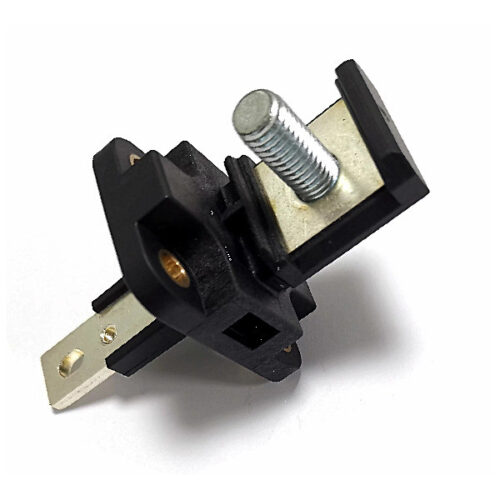
GH Series-DCDC Through-the-Wall Terminal B
-
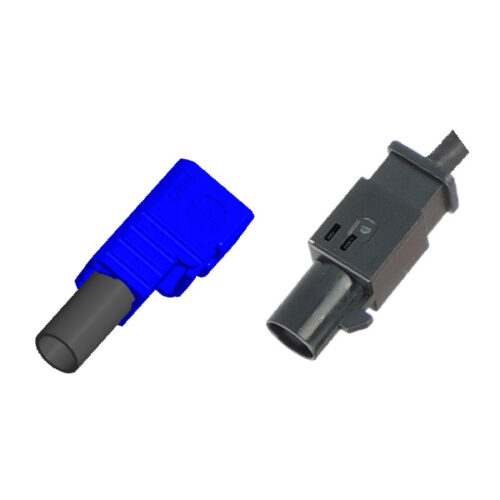
Automotive FAKRA Single Head Connector, Automotive Standard FAKRA Connectors
-
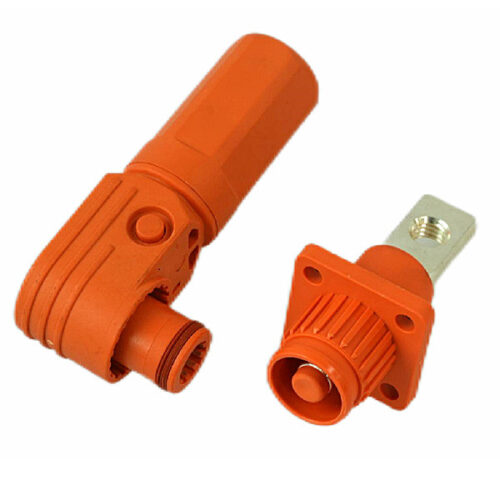
GB Series-Energy Storage Connector-8.0mm
-
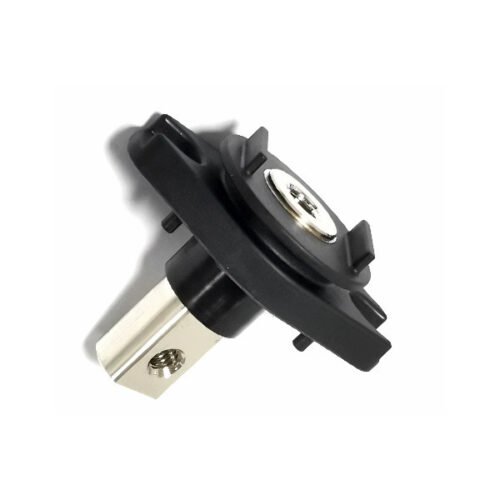
GH Series-DCDC Through-the-Wall Terminal
-
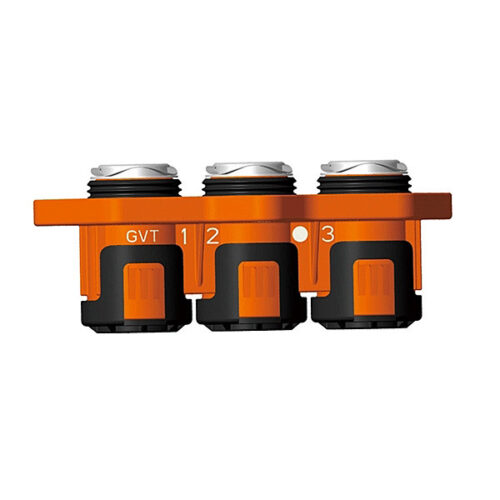
GIPT three-core wiring connector
-
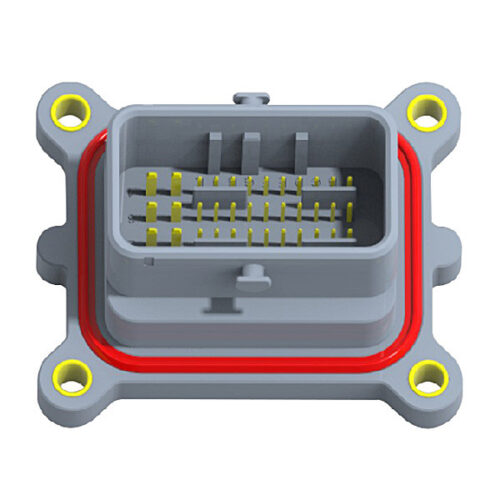
GE Series-48-core Low Voltage Connector-Socket+Plug
